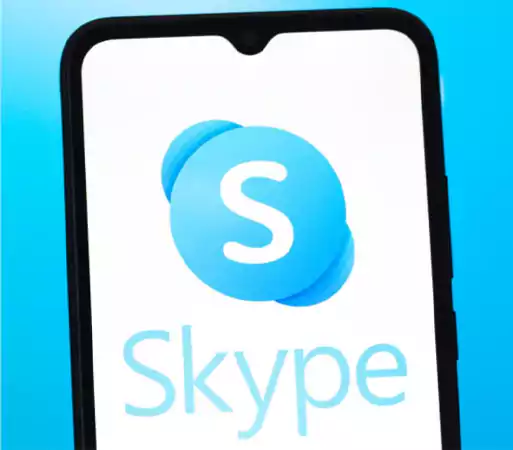
When it arrived in 2003, Skype marked the first time I suddenly felt that a single app, and not merely the broader internet, was essentially changing communications.
It actually offered the cheaper option: for the price of an internet connection, it allowed calling any phone number across the globe from one’s desktop PC or to converse with fellow Skype users over their peer-to-peer (P2P) network, depending on voice-over-Internet-protocol (VOIP) technology and a very easy-to-use interface.
If you are too young to remember the days before the smartphone, before FaceTime and WhatsApp, you must realise that Skype was really revolutionary in some ways. When you wanted to call home from abroad, it was now simple. If you were often on the receiving end of calls for work from companies or individuals abroad, Skype cut those costs drastically. International calling charges, a thing of the past.
After almost 22 years of changing communication, Skype will cease to exist on June 5, 2025, Monday. Most people will certainly overlook its disappearance as the P2P voice methods have found their way into almost every famous messenger app by now. But for those of us still using Skype to VOIP-call real phone numbers, it’s time to look for alternatives.
These VOIP alternatives are fine. Check out some of them:
Google Voice assigns you a telephone number that anybody can dial to get in touch with you; however, through your Google Voice account, you can also VOIP-call many phone numbers worldwide.
It is an application which is an amazing peer-to-peer communication application, and it is available for users for free. Hence, Viber Out offers VOIP capability to Viber.
It’s a new line in Zoom that makes VOIP calls directly to mobiles and landlines from the Zoom app, rendering Zoom Phone close in nature to Skype or Viber Out.
